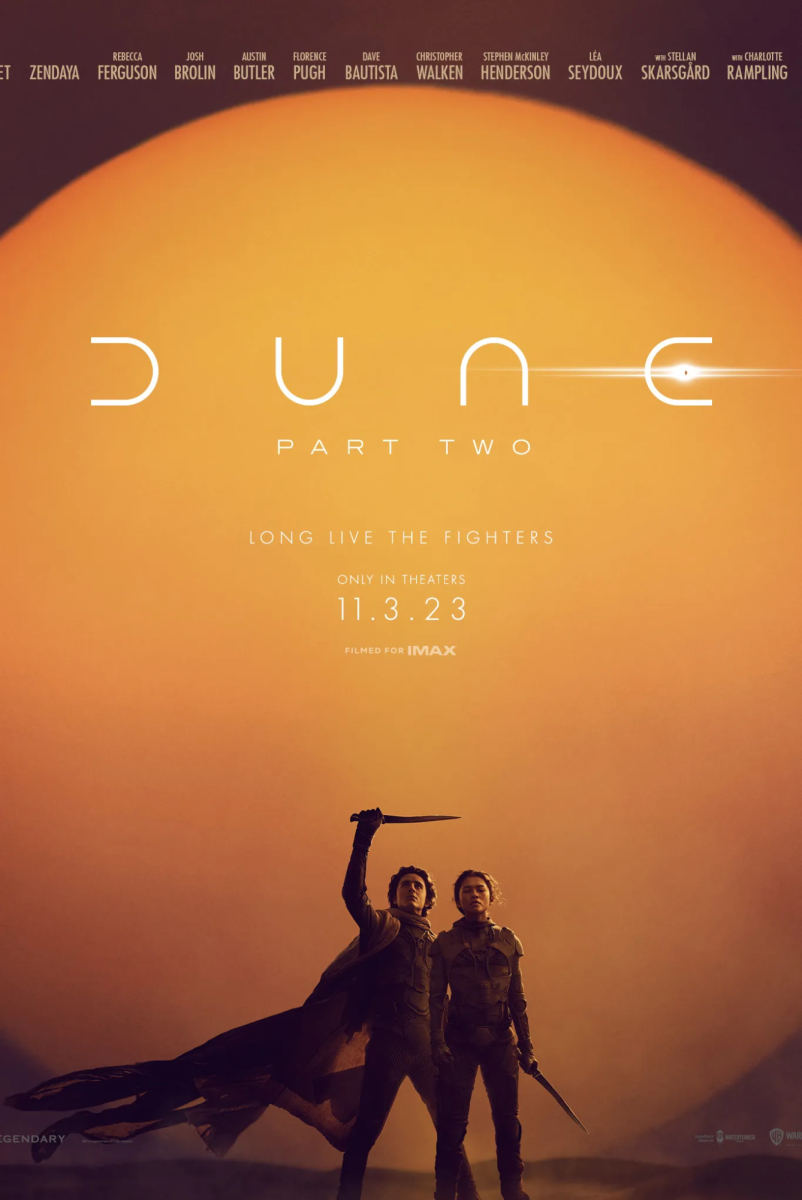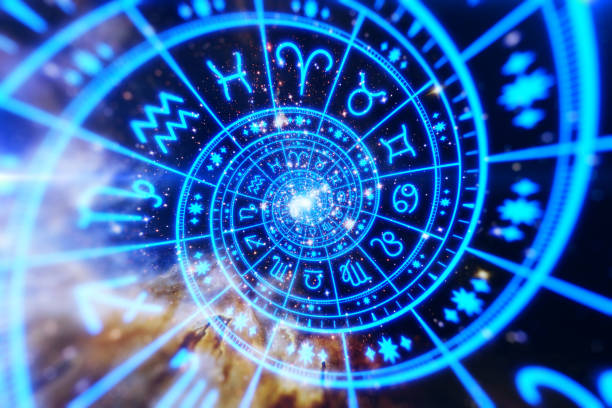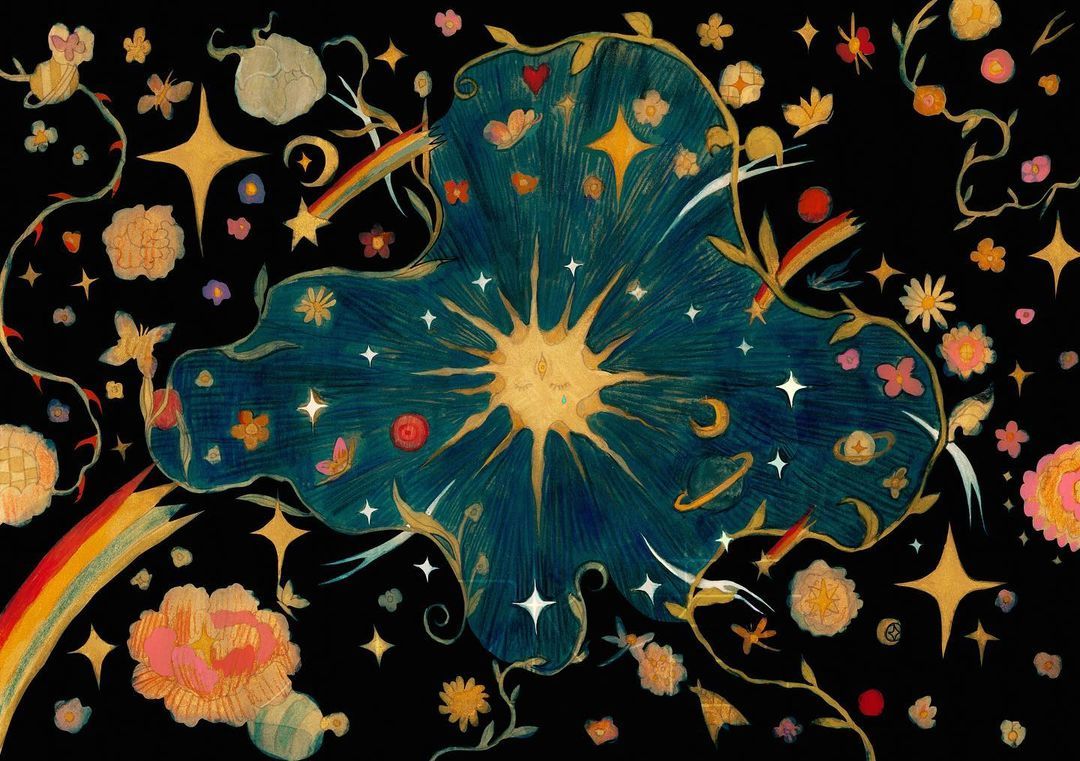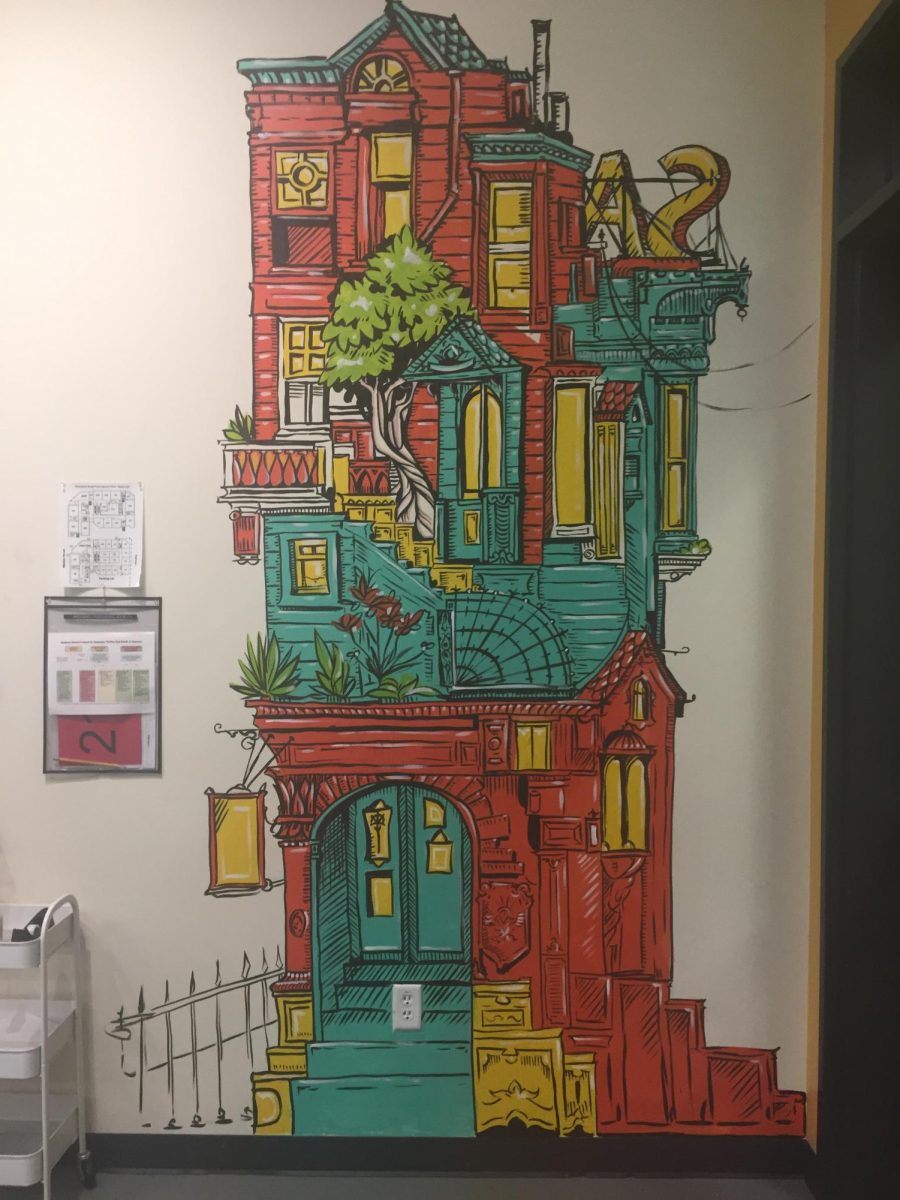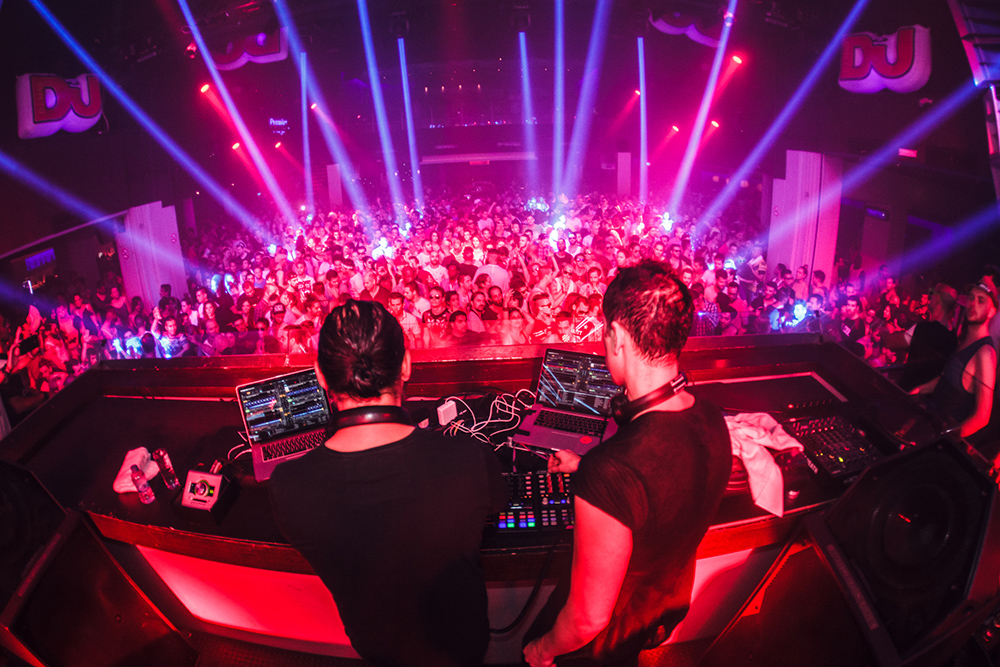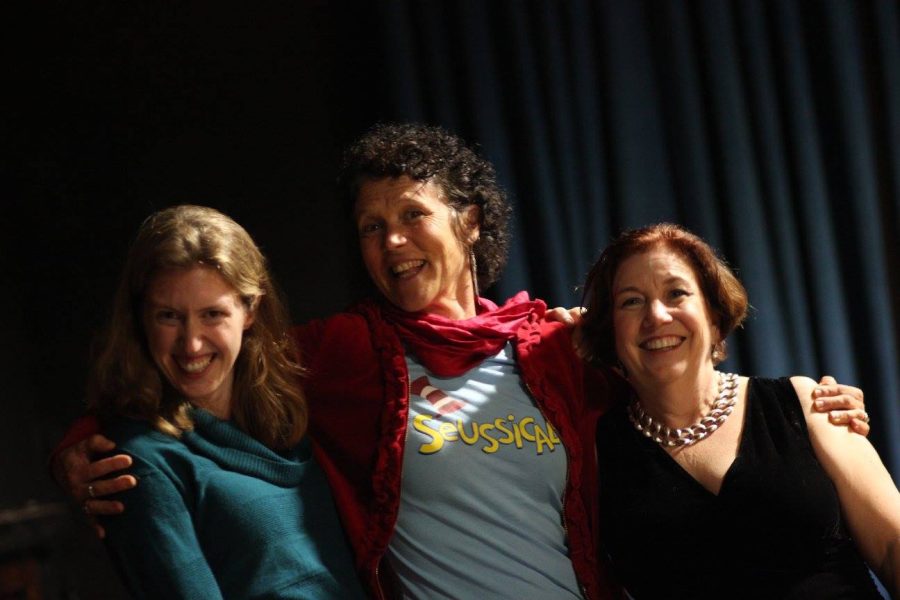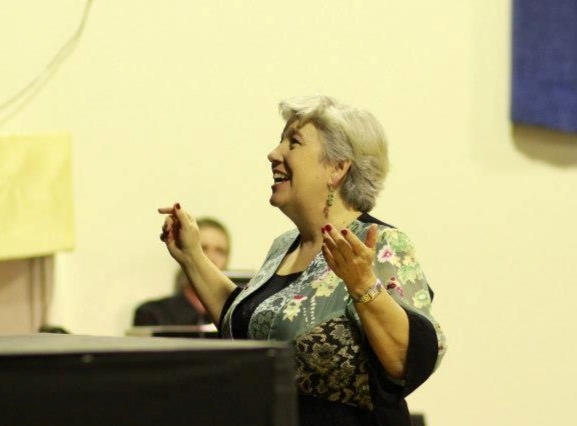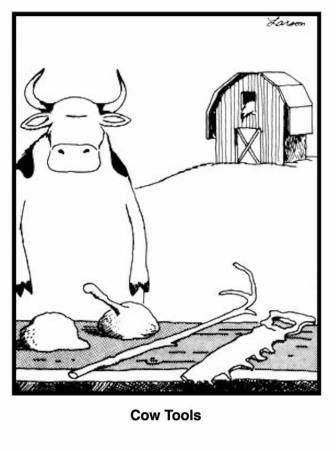There are some moments that we can point to on the cinematic timeline and say with confidence that they changed the medium forever. Films like 2001: A Space Odyssey fundamentally altered the way audiences would experience movies for generations to come. Recently, movies like Whiplash, Everything Everywhere All At Once, and last year’s Oppenheimer, among many others, have fundamentally shaped my love for film from the ground up. However, despite all of their best efforts, none of these movies carried with them the awe-inspiring gravitas that I feel is necessary for a movie to truly cement its eternal place in the filmmaking pantheon. Spectacle is a notoriously difficult thing to capture, and even more difficult to capture without sacrificing the most important parts of a story. As Zach Snyder must know all too well at this point, simply making a movie look good is not enough. That precise balance seemed impossible to hit, especially in Hollywood’s current state of producing wildly over-expensive blockbusters trying to replace soul and creativity with flashing lights and money.
So when it was announced that Denis Villneuve was adapting one of the most influential and cerebral sci-fi novels of the millennium, I was cautiously optimistic. Over the years Dune had gained a reputation for being notoriously difficult to transport to the silver screen. The gargantuan expanse of the story coupled with a monstrous reliance on voiceover and inner narration to convey character motivations and plot points made adapting the story visually and faithfully a near-impossible challenge for any filmmaker to undertake. However, if there was one director who, in my opinion, could stand a chance of making this story something special, it was Villneuve. After all, he had produced one of my favorite sci-fi movies of all time in 2016’s Arrival, and was clearly very familiar with using a large scope and stunning visuals to advance his story and characters. By all accounts, he seemed like the perfect choice to attempt to adapt the story of Dune.
After deciding rather wisely to split the story into two separate movies, Dune: Part 1 released in 2021 to a positive reception. Audiences naturally were entranced by the stunning visuals, sound design, and cinematography. The performances by the all-star cast were all very good, and the general consensus was that Villneuve had delivered a faithful adaptation of Herbert’s story. However, one glaring problem stood out. The intrinsic risk with only adapting the first half of Dune was that the first film, despite all of its powerful setup, seemed incomplete. The main conflict of Paul Atreides’ character was only briefly touched on, and was instead left to be further explored in the second movie. This resulted in a film that, while impactful, felt incomplete and unfinished to many audiences. As if the true impact and power of the story were still buried deep within, waiting to rise from the depths like the sandworms of Arrakis.
And let me tell you, dear reader, that the rise was even more glorious than promised. Dune: Part 2 is a one-of one spectacle of spectacles, a jaw-dropping tour de force, and a culmination of the journey of science fiction undertaken with 2001: A Space Odyssey. This film is truly a transcendent experience that puts all other modern blockbusters to shame with its scope, themes, story, and visuals. The technical aspects of this movie, meaning the cinematography, editing, sound, and special effects, are easily some of the best of the 21st century. Grieg Frasier continues to cement his legacy as perhaps the best cinematographer working today, and Hans Zimmer’s score is, as always, gorgeous, moving and powerful. The performances by the ensemble cast are also incredible. This is one of the most loaded casts in any movie ever, and yet it really does feel like everyone was fully bought in and committed to their roles, no matter how big or small they were. Timothee Chalamet as Paul Atreides gives perhaps his most nuanced and mature performance, and Zendaya’s Chani does a remarkable job of carrying the heart and soul of the film and fully delivering the horror of Paul’s downfall to the audience. Some other highlights for me include Javier Bardem’s funny, heartfelt, and downright weird interpretation of Stilgar, and Rebecca Ferguson’s sinister and powerful performance as Lady Jessica. However, my favorite performance of the entire movie, to my complete surprise, has to go to Austin Butler as Feyd-Rautha. The narrative around Austin Butler in my head was that he was a very promising young actor who suffered a major career setback with 2022’s Elvis, so it was amazing to see him succeed in such a challenging and demanding role in Dune 2. His performance perfectly sells the psychopathic nature of the Harkonnen prince, while also masterfully capturing the honorable, rather vulnerable interior of the character. His knife duel with Timothee Chalamet at the climax of the film is one of the greatest scenes in cinematic history, both because of the exceptional choreography but also because of the directorial choices that went a long way in selling the impact of this monumental scene.
Speaking of directorial choices, I think it is time to address the sandworm-sized elephant in the room. Denis Villeneuve has, in my opinion, cemented his legacy as an all-time great director after this movie. It is impossible to picture a film of this grandeur and awe-inspiring scope being put together successfully by anyone other than him.


